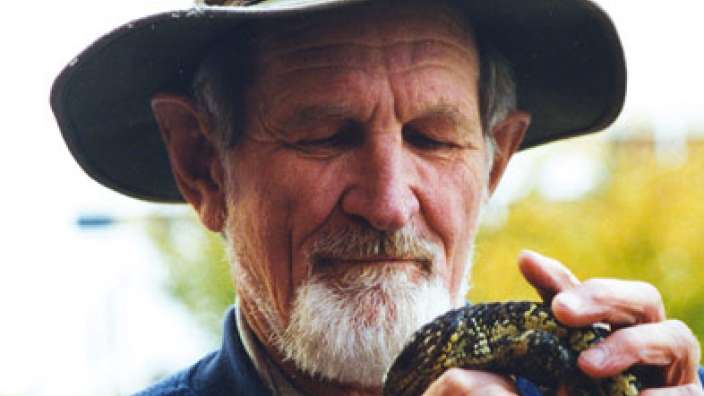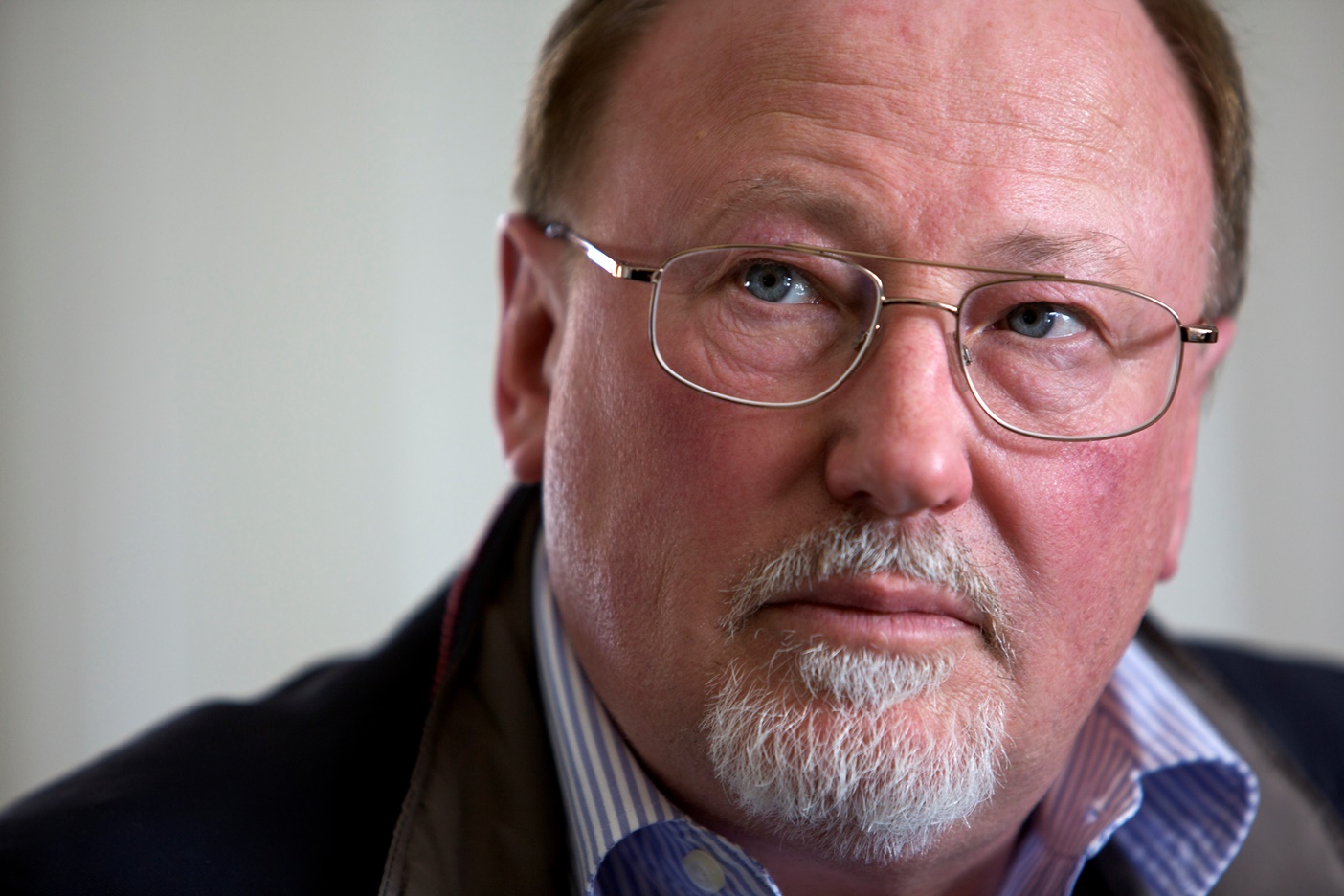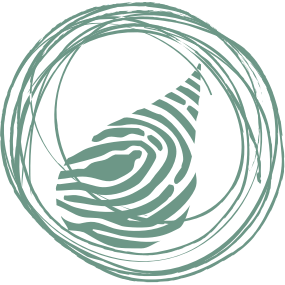

Planting trees alone won’t be enough to bring back the native fauna in the Wheatbelt. That will be one of the messages from renowned conservationist Dr Harry Butler when he speaks in Northam later this month. Dr Butler is well known for his television series “In The Wild” which helped popularise the conservation movement in Australia. He will be speaking at the annual general meeting of natural resource management group Wheatbelt NRM on Thursday, October 24th. Dr Butler grew up around Northam where he planted his first trees along the Old Goldfiends Road between York and Tammin in 1943. “People hope that by planting trees they will get their fauna to come back, but they end up with vermin,” Harry Butler said. “Planting trees is only part of the answer. “While we are getting the honey eaters and parrots we’re not getting the small mammals like bandicoots, possums and wallabies.” Harry Butler said he would talk about his success rates and failures for tree planting and for fauna and general rehabilitation. Also speaking at the meeting will be Julian Cribb, renowned journalist and author of “The Coming Famine”. His book focuses on the global food crisis and how it can be avoided. “Every meal, the average consumer ‘eats’ 1.3 litres of diesel fuel, 10 kilograms of soil and 800 kilograms of fresh water in the form of food,” Julian Cribb said. “If you take soil, half the planet is already degraded and we’re losing about 75 million tonnes of topsoil a year, mostly into the oceans. “Some scientists say we could run short of good farming soils within 50 to 70 years.” You can hear more from Julian Cribb and Harry Butler at the Wheatbelt NRM AGM on Thursday, 24th October at the Bridgeley Community Centre in Northam. To RSVP your attendance email info@wheatbeltnrm.org.au or call 9670 3100

